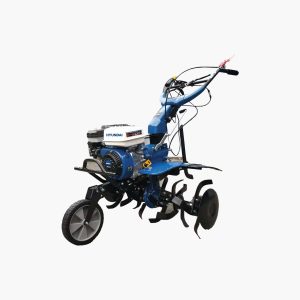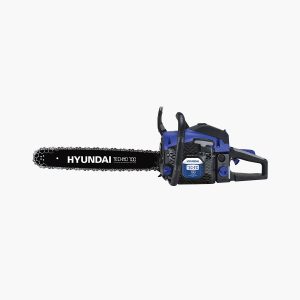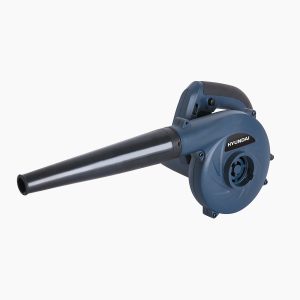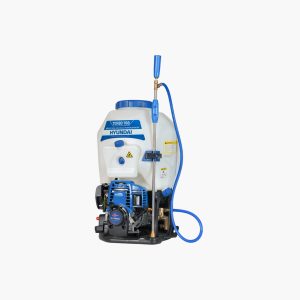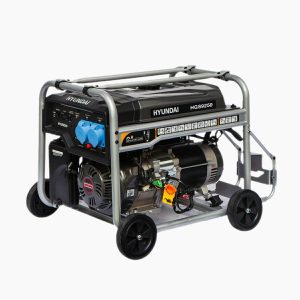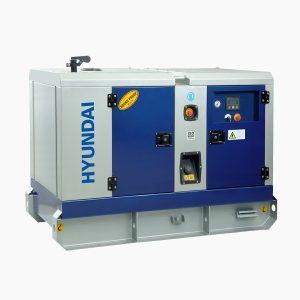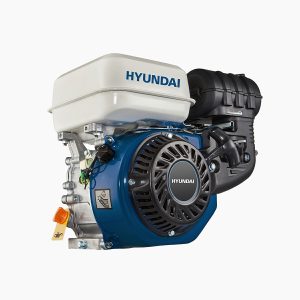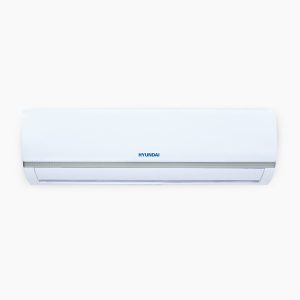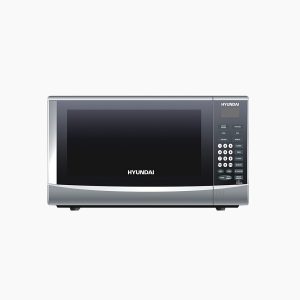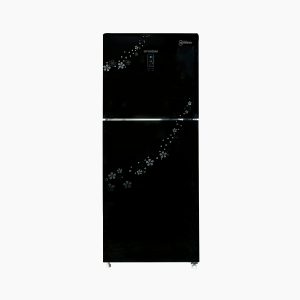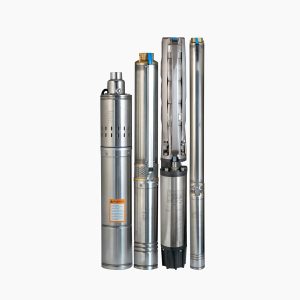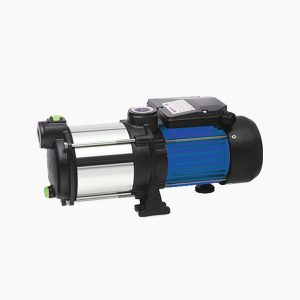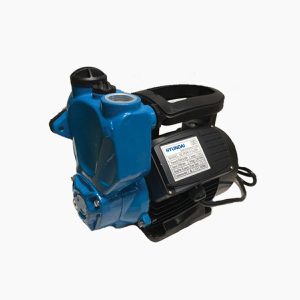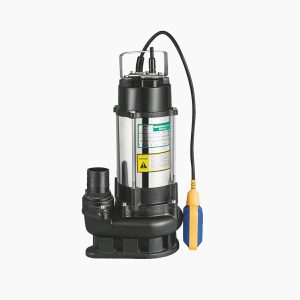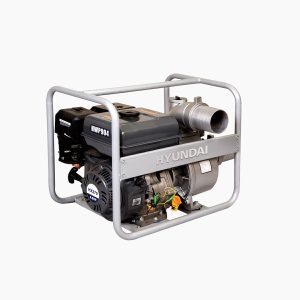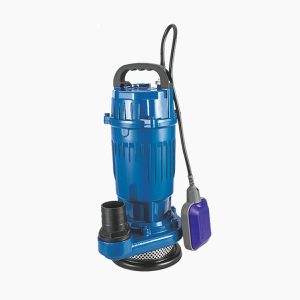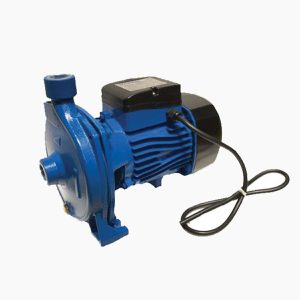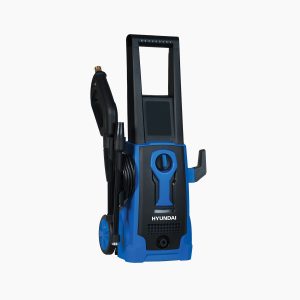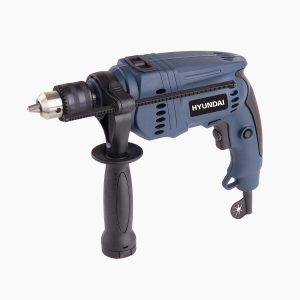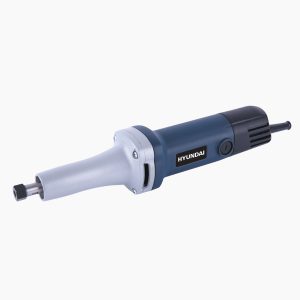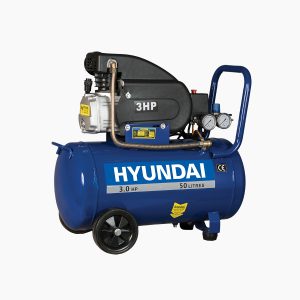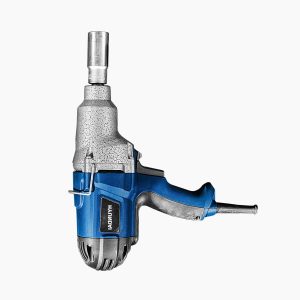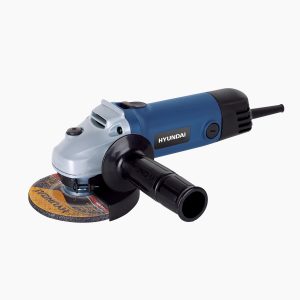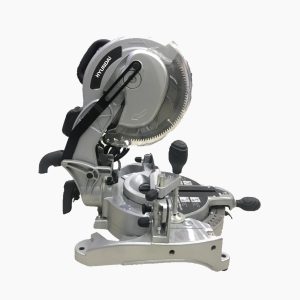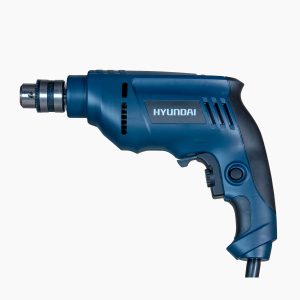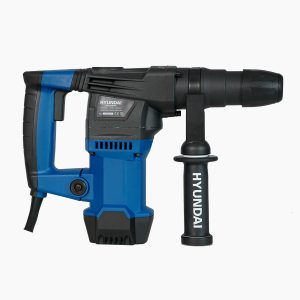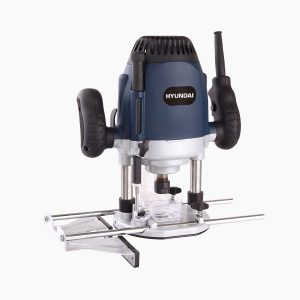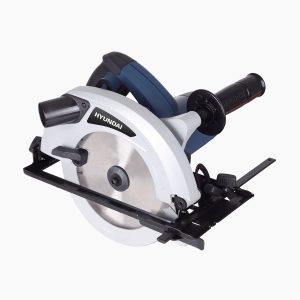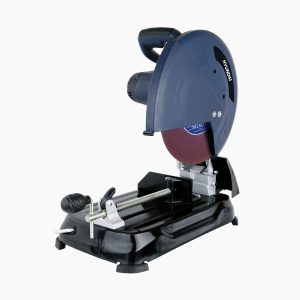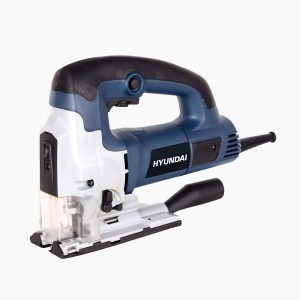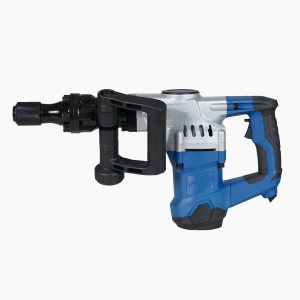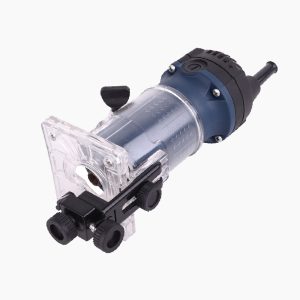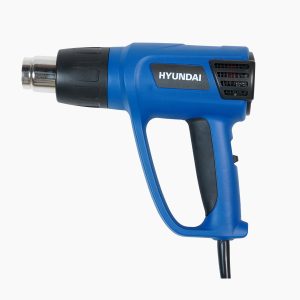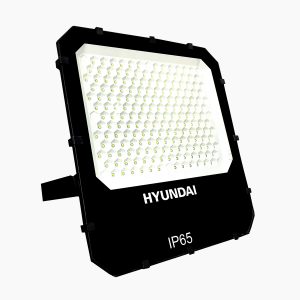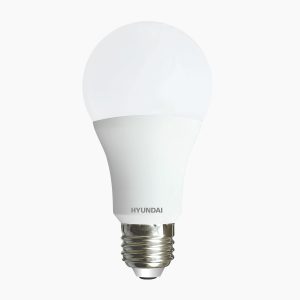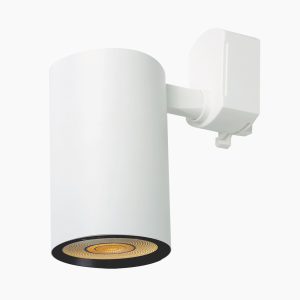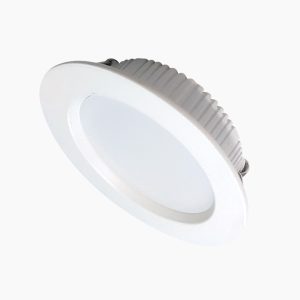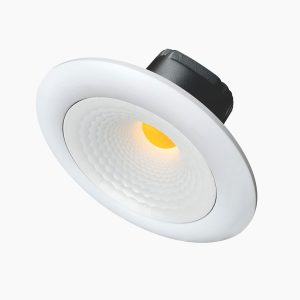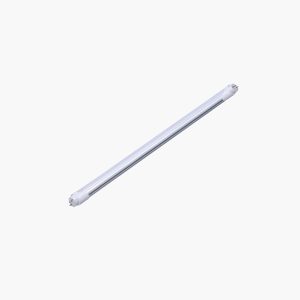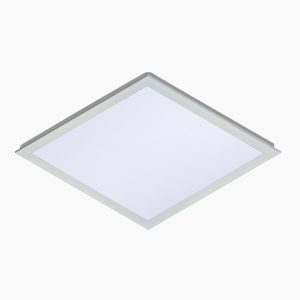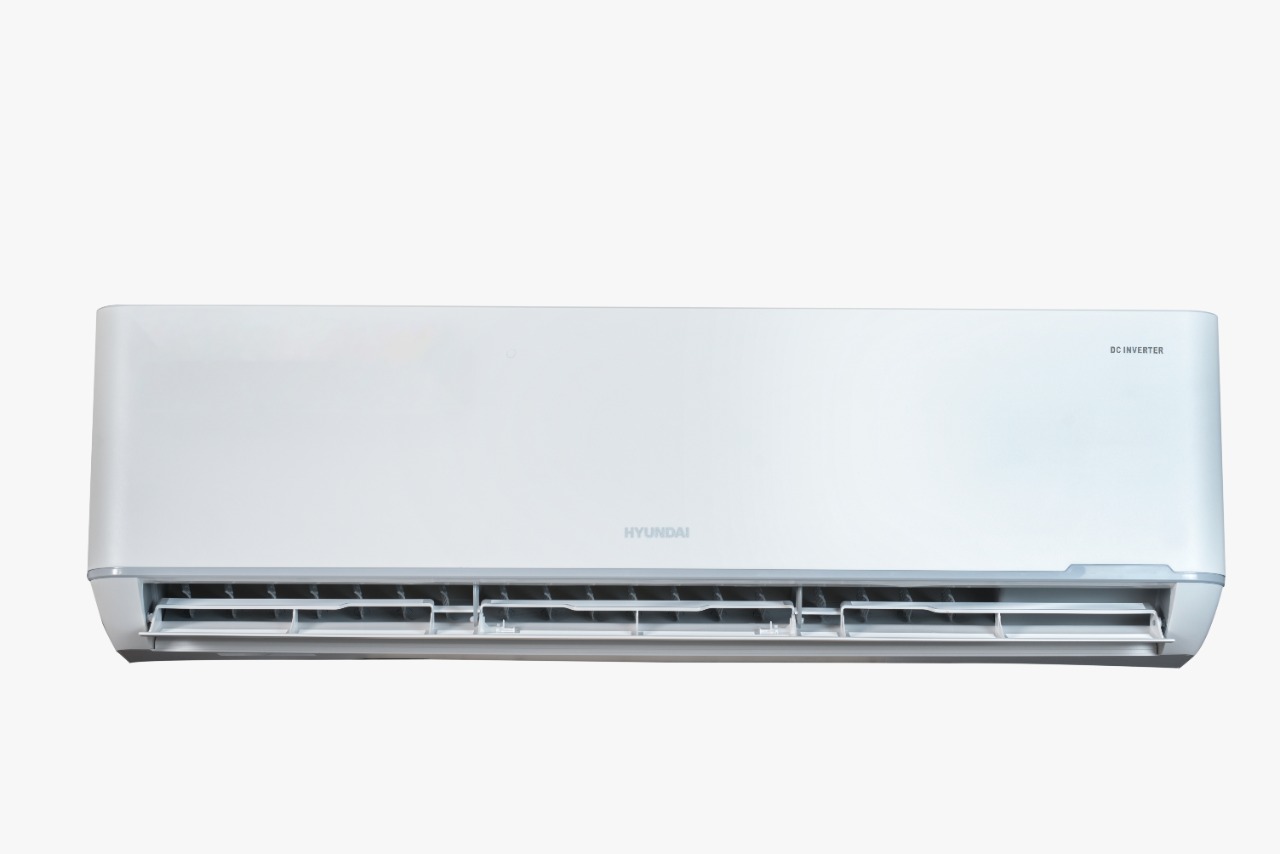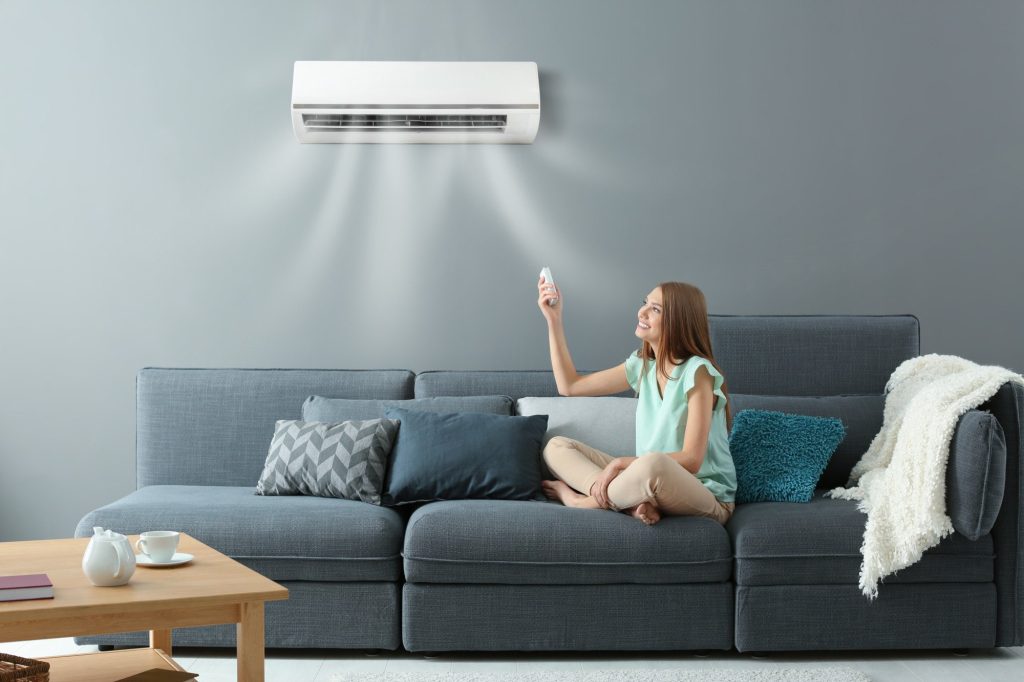Table of Contents
In home appliances category, Air Conditioners that started as a luxury have now become a necessity. Surviving summers without an Air Conditioner is no less than a nightmare. However, you may have an Air Conditioner installed in your room, and it can still feel like a sauna. The reason might be that you did not consider the necessary metrics before choosing an Air Conditioner that is in accordance with your living space. Before selecting any Air Conditioner, keep into consideration the type and size of the Air Conditioner, the area of your room, power consumption, maintenance, and cooling capacity. This blog will introduce all the intricate details of the types of Air Conditioners and assist you in selecting the appropriate Air Conditioner according to the requirements of your living space.
Types of Air Conditioners
It may trouble you that the job of every air conditioner is the same, then why fret over something as trivial as the types of Air Conditioners? It is important to note that every Air Conditioner is built for specific living spaces. These specifications ensure to convert a regular room into a living paradise. There are several types of Air Conditioners. We will discuss the common 4 types and assist you in finding the perfect fit according to your needs.
Central Type Air Conditioners
Central Air Conditioner is a split-system Air Conditioner that circulates air with supply and return ducts. Central ACs collect the cool air at a central point and then supply it to several other rooms through ducts. Its central point or unit is placed outside the home (usually the rooftop), and the cooling windows are installed in several rooms. The cool air supplied through the ducts revolves in the room, making it cooler, and the warm air returns to the central point. The compressor of the Air Conditioner plays a pivotal role, for it makes this process possible and ensures your comfort and peace.
-
Advantages of Central Air Conditioners
The central conditioning enables consistent cooling across all rooms and spaces. This AC type is perfect for commercial usage. The single regulating point allows easy access and autonomy over temperature changes across the entire facility. Moreover, since the central air conditioners cool all rooms simultaneously, it quickly brings about temperature changes according to the desired temperature. Another notable aspect of Central Air Conditioners is their placement. The installation of the unit outside the facility ensures a quiet and peaceful environment.
-
Disadvantages of Central Air Conditioners
While central air conditioners are highly effective in performance, they may cause you a fortune. Damage in a single duct can harm its efficacy and lead to pricey repair bills. Moreover, Central Air Conditioners require significantly more electricity to operate than other air conditioners. This setback makes it unpopular among small corporate firms and domestic users. Especially since they require constant maintenance to prevent duct leakages and other sources which drain energy.
Window Type Air Conditioners
They are most suitable for small spaces because they come in different sizes and are usually installed through windows or window-like spaces. They operate through a single unit. The back of the air conditioner hangs outside, while the front is situated inside the room. The front throws cool air inside while the back releases hot air outside. There are filter places inside the unit, which filter out air as it moves from outside to inside. These filters can be taken out easily and cleaned. If you search for an air conditioner that can provide fast cooling at a lower price, a window air conditioner might be an ideal choice.
-
Advantages of Window Air Conditioners
The key advantage of a Window Air Conditioner is its simplicity. It can be easily installed and maintained by the users themselves for the most part. The filters can be taken out easily and cleaned. The self-contained unit does not need elaborate maintenance by professionals, making it much cheaper to operate. Not only that, they can also be operated via remote control, putting them at operational parity with the Ductless Mini Split for a much lower price.
-
Disadvantages of Window Air Conditioners
The Window Air Conditioners do not have a greater cooling reach. They can only function well in small spaces. Meanwhile, they are relatively noisy, putting them at a greater disadvantage when competing with other air conditioners. The scope of window air conditioners also falls short when taking into consideration their placement. It has to be installed through the window, blocking sunlight, and must be next to an electrical port. It is also extremely visible, hanging out from the window and presenting an unseemly sight.
Portable Type Air Conditioners
Like window air conditioners, portable air conditioners are also positioned close to the windows or other forms of vents. They are also enclosed in a single unit and use tubes to exhaust the air. They can have a single outlet, pushing the hot air out of the room, or a double outlet, in which they suck the air from outside, compresses it and throws it inside, and exhausts the inside air via another tube. However, unlike the former, Portable Air Conditioners are mostly suitable for temporary use. They can cool small rooms, and you can change their position and location according to your need.
-
Advantages of Portable Air Conditioners
One of the main advantages is its portability. They can be set up anywhere required without any installation cost. Furthermore, the setting up process is quite simple in itself. The Portable Air Conditioner can easily be stored when not in use. These advantages collectively make for a strong case in favor of portable air conditioners.
-
Disadvantages of Portable Air Conditioners
Portable Air Conditioners, however, are noisy and loud. They also can only spot cool, which means that their utility is limited. Oftentimes, it can only be set up next to a window or a power outlet, producing further limitations in its usage.
Split Type Air Conditioners
Split Air Conditioners are ideal for smaller, enclosed spaces. These air conditioners are also known as Ductless Mini Split AC. As the name suggests, Ductless Mini Split does not employ any ducts. The systems are divided into outside and inside installation units. The outside unit is responsible for compressing the air around and condensing it, releasing heat energy, and making the air cool. The high-pressure air is then transported to the inside system, which blows it into the room. The outside and inside units are connected via tubing. The tubes carry coolants which help in circulating the air. The inside unit is much smaller in comparison to the outside one, making it a pleasant sight. The Ductless Mini Split Air Conditioners are installed on walls of individual rooms and are regulated by remote controls. They are much more prevalent in modern households due to their cost-effectiveness, low maintenance, and ease of usage.
-
Advantages of Ductless Mini Split
They are low maintenance, and issues of leakages are rare. They are also preferred due to their individualistic nature, which makes it cost-effective. Since only a small amount of energy is required to cool a single room, it becomes easier on the pocket. Perhaps, the most important benefit which comes from installing a Ductless Mini Split Conditioner is the ability to variate the temperature in each room according to the need. Furthermore, the ease of usage makes Ductless Mini Split quite popular among its users. It can be operated via remote control as well as mobile phones. Moreover, the temperature can be increased in the latest versions (DC Inverters). The Ductless Mini Split, therefore, becomes relevant all around the year. Its simple requisites for installation also make it a feasible option. They can be installed anywhere without any consideration for duct placement.
-
Disadvantages of Ductless Mini Split
It is only pocket friendly as long as it is needed for a couple of rooms. Due to its limited cooling reach, each room has to have its own air conditioner. Hence, the cost of installing several Ductless Mini Splits can exceed the price point of some other highly effective air conditioning types.
DC Inverter Air Conditioner
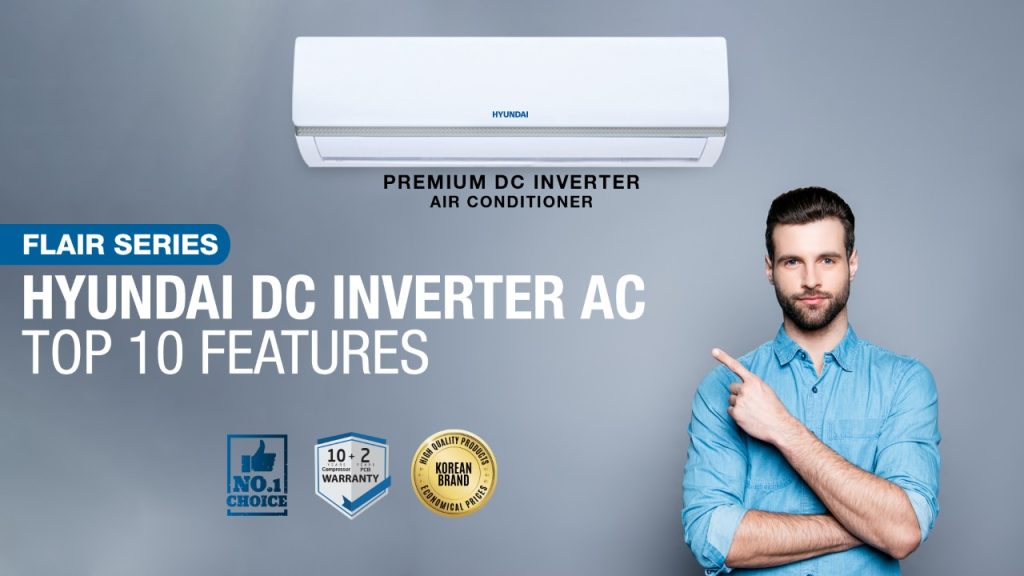
DC Inverter Air Conditioners is the latest technology that has taken the world by storm. Due to its cost-effective and efficient performance, the Inverter AC is preferred by many over Non-Inverter Air Conditioners type. The compressor in the Inverter AC does not work on the start and stop mechanism. Rather it works all the time tirelessly. For instance, if you have set the temperature to 16 degrees, as soon as the AC achieves the set temperature, the compressor will slow down and try to maintain the room temperature while working slowly. As the temperature rises, the compressor takes over again and maintains the temperature as per the directions. Since the machine does not have to start and stop repeatedly, the machine does not corrode, rust or wear and tear. This ensures durability, as well as proves to be budget-friendly when it comes to paying the electricity bills because when the compressor restarts, it consumes three times more energy than usual. Hence, choose the best DC Inverter AC for your living space from Hyundai Power to lace your home with the best Air Conditioner in town.
Read more about the differences between DC Inverter and Non-Inverter Air Conditioners Type to develop a better understanding.
Size of the Air Conditioners
The size of Air Conditioners is the measurement of the cooling capacity of an AC unit. In technical terminology, the tonnage of the Air conditioner calculates the amount of heat it can remove from the room in an hour. It is important to select the right size of AC for your room otherwise, the wrong selection of the AC will compromise its performance.
The size or the cooling or heating capacity of the AC is calculated in British Thermal Units. As per the set standard, One ton is equal to 12000 BTUs, 1.5 ton 18000 BTUs and 2 ton 24000 BTUs respectively. To calculate the tonnage of the AC that you require according to the size of your room, you need to multiply the width with the length of the room and then purchase your desired Air Conditioner. Moreover, several other factors are involved that may affect the performance of the Air Conditioner. For instance, the ratio of heat, humidity, etc., and the number of persons occupying the space or other electronic appliances in the room.
To find energy efficient, budget-friendly, Eco-friendly, and high-tech DC Inverter Air Conditioners, visit Hyundai Power online. Our avant-garde, new generation technology Air Conditioners are unparalleled.


